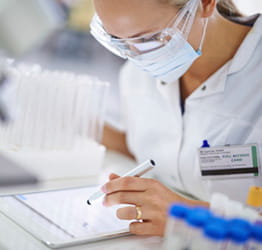- Find a Doctor
-
Services
- Services by Region
- Frequently Searched Services
- See All Services
Find a UPMC health care facility close to you quickly by browsing by region.Frequently Searched ServicesAllergy & Immunology Behavioral & Mental Health Cancer Ear, Nose & Throat Endocrinology Gastroenterology Heart & Vascular Imaging Neurosciences Orthopaedics -
Locations
-
Patients & Visitors
- Patient Portals
ALERT:
Starting Feb. 29, masking is optional but encouraged in UPMC medical facilities and most patient care settings.






















